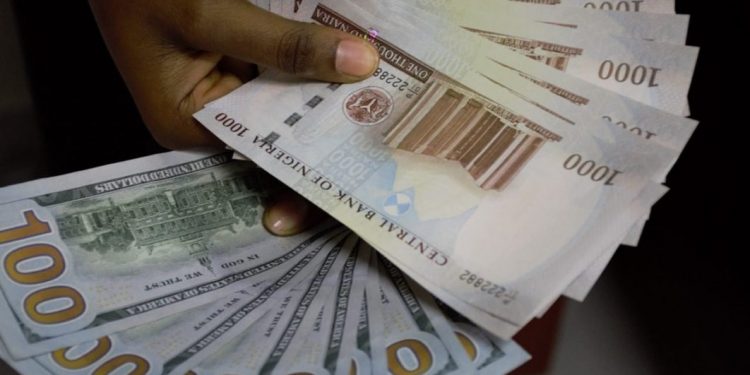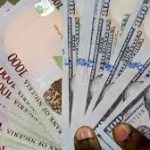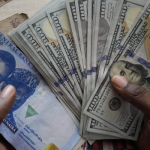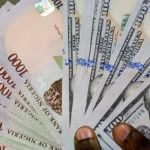While the Nigerian currency weakened on the black market, official data from the FMDQ Exchange platform showed a slight improvement in the Naira’s value. It appreciated by N11.4/$, moving from N1,690/$ on Monday to slightly higher levels later in the week.
Liquidity in Nigeria’s foreign exchange market remained strained, with daily turnover dropping from $173.14 million on Monday to $128.59 million on Tuesday. Despite interest rate cuts in the U.S., selling pressure on the Naira persists, with short sellers maintaining control at the critical N1,700 support level in the unofficial market.
The CBN’s foreign exchange reserves, however, hit a 32-month high of $40 billion, offering a brief positive note amid the currency’s overall poor performance. Yet, the Naira has plummeted by 70% since mid-2023, while the U.S. dollar continues to show strength globally.
Demand for foreign exchange has surged due to seasonal factors like foreign tuition payments, fuel imports, Christmas travel, and savers hedging against further devaluation of the Naira. Meanwhile, underlying economic issues, including weak oil production, persistent inflation, low foreign direct investment, and tight The Naira faced continued pressure in Nigeria’s unofficial market, trading as low as N1,750/$ during midweek in Lagos, driven by heightened demand for the U.S. dollar and widening supply challenges.
Businesses with dollar-denominated debt are reducing their exposure where possible, even as borrowing costs in Naira remain significantly higher. This trend counters President Bola Tinubu’s efforts to attract foreign investment by easing currency controls.
The Central Bank of Nigeria (CBN)’s decision to float the Naira more freely was initially welcomed by international observers. However, the move triggered a spike in inflation, pushing it to a three-decade high and exacerbating the cost-of-living crisis.
MTN Nigeria’s recent announcement of raising N75.18 billion through Series 11 and 12 Commercial Paper issuances under its N250 billion program highlights the challenging environment for businesses navigating volatile currency markets.
Globally, the U.S. dollar index fell to a one-week low of 106.07 on Wednesday, marking a decline from its one-year high of 107.07 reached the previous week. Profit-taking and market consolidation contributed to this dip, though strong U.S. economic data and Federal Reserve caution had fueled the dollar’s recent rally.
Economic expectations under former U.S. President Donald Trump’s administration including higher tariffs, increased fiscal spending, and tighter immigration policies had driven the index to a one-year high. Economists suggest these policies could slow Federal Reserve easing while pushing inflation higher.
As Nigeria grapples with its currency challenges, businesses, particularly MSMEs, must navigate rising costs, unpredictable exchange rates, and inflationary pressures to sustain operations.










